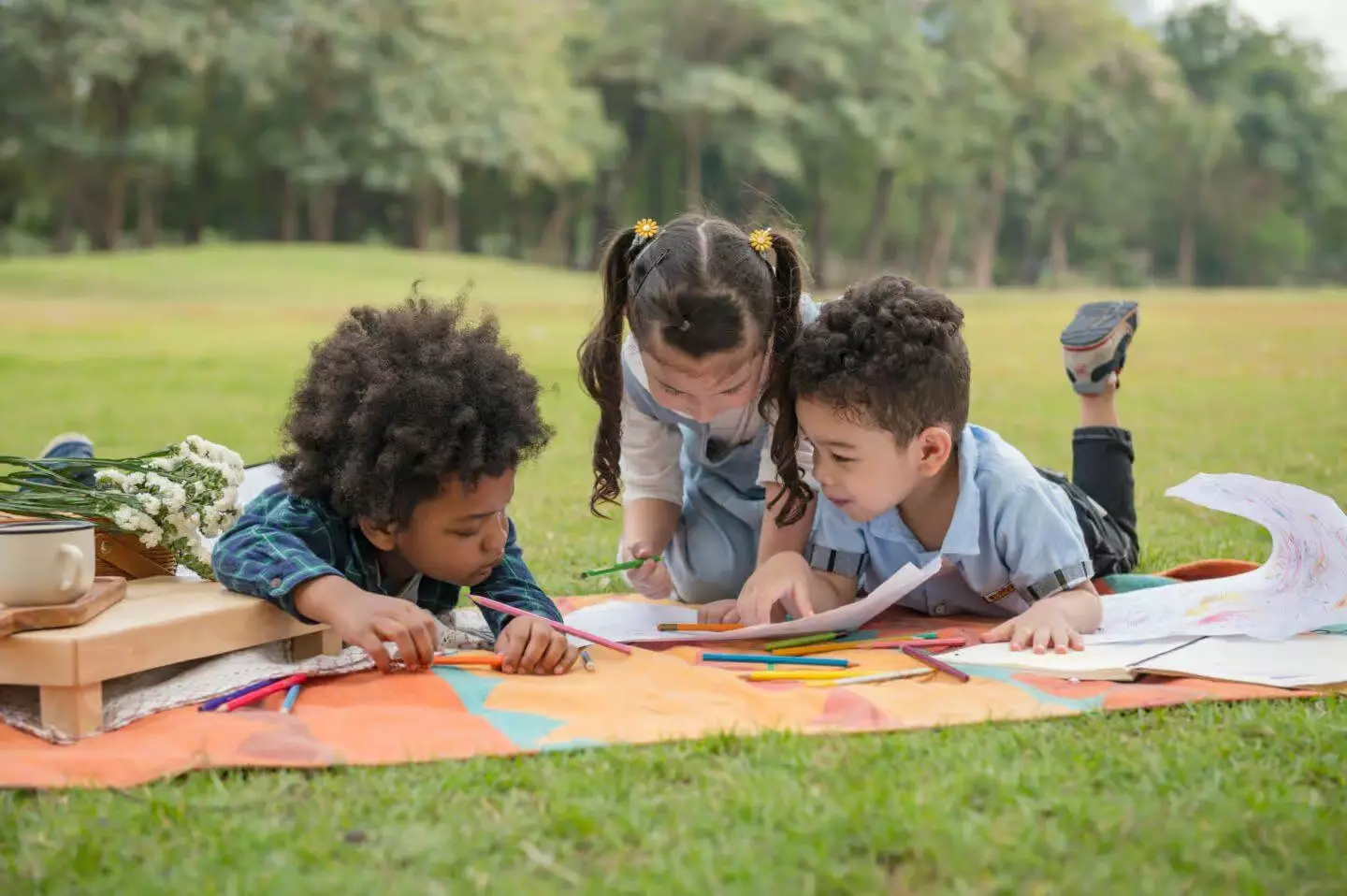The delicate dance of childhood friendships can often resemble an intricate web of emotions and interactions. Each child, navigating the journey from innocence to social adeptness, encounters a myriad of challenges when learning how to forge and maintain friendships. Disagreements over toys, the reluctance to share, and the struggle with emotional responses can all lead to moments of frustration and confusion—for both the child and the parent. However, acknowledging that these challenges are a universal part of growing up is essential. As parents, mentors, and caregivers, we hold the key to transforming these hurdles into valuable learning experiences that foster empathy, kindness, and resilience.
The Foundations of Compromise and Sharing
To cultivate meaningful friendships, children must grasp the core principles of sharing and compromise. These concepts are not just abstract ideas; they form the bedrock of successful social interactions. Parents can create an environment rich in these lessons by engaging in playful scenarios at home. For instance, imagine a family game where everyone’s opinions are solicited. By expressing preferences—such as choosing between a purple or a green ball—parents can instill the importance of flexibility. It’s a simple strategy: create opportunities for children to articulate their desires and negotiate outcomes. This practice empowers them to understand that compromise does not equate to loss, but rather to growth and understanding.
Emotional Intelligence: The Key to Navigating Unexpected Outcomes
The unpredictability of children’s interactions is often at the root of their emotional responses. Unlike adults, who may find comfort in stability, children thrive in fluid environments that can shift unexpectedly. When things don’t go as planned—perhaps a beloved toy is taken or a game shifts gears—children can respond with frustration, tears, or even aggression. Here, the role of a supportive adult becomes invaluable. By validating a child’s feelings, we acknowledge their right to emotions while guiding them toward constructive methods to cope with surprise and disappointment. Phrases like, “I see you’re feeling upset because that wasn’t what you expected,” reaffirm that their emotions are understood, facilitating a healthier path toward emotional regulation.
Setting the Stage for Successful Playdates
Preparation can significantly influence the success of playdates. Timing is everything—scheduling these interactions for moments of clarity and calm can maximize the enjoyment for everyone involved. Playdates held close to naptime can lead to overtired kids who are ill-equipped to share or enjoy themselves. Opting for times filled with energy and alertness can create the ideal setting for social exploration. Additionally, choosing neutral locations, such as parks or community centers, can help alleviate the pressure of sharing personal space, fostering a sense of ease among young guests.
Communicating Boundaries Before the Playdate
Prior communication about sharing and personal boundaries is crucial. Engaging children before the playdate in discussions about toy sharing helps set expectations and prepares them for the dynamics of shared interactions. By assisting in the selection and safe storage of special toys, parents can alleviate the anxiety surrounding the sharing of prized possessions. Outlining clear rules and guidelines around sharing not only creates a sense of security but also enables children to navigate the complexities of play more adeptly.
Encouraging Structured Activities for Connection
Many children benefit enormously from structured play. Organized games and activities provide a framework that helps guide interactions and reduce the potential for unstructured chaos. By planning engaging activities tailored to the interests of the children involved, parents can facilitate smoother playdates where every child feels included and stimulated. This strategy also assists children who may struggle with social cues, offering them a roadmap to effective engagement.
Empowering Children to Express Their Feelings
An essential aspect of social interaction is teaching children how to assertively express their feelings and set boundaries. It’s crucial for children to learn that it’s acceptable to vocalize discomfort in a respectful manner. Simple phrases, such as “I don’t like that; please stop,” equip them with the language to address issues with their peers. Encouraging this form of communication fosters an environment where feelings are respected, helping to build mutual empathy among young friends.
The Lifelong Value of Friendship Skills
Fostering friendships in childhood lays a robust foundation for future relationships. Children who learn to navigate the intricacies of friendship—through sharing, empathizing, and communicating—develop critical life skills that will serve them well beyond their early years. By instilling these principles early on, we are equipping them with the tools necessary to form deeper connections throughout their lives. As parents, our unwavering support and guidance play an integral role in helping children embrace the joys and challenges of forging meaningful friendships.

